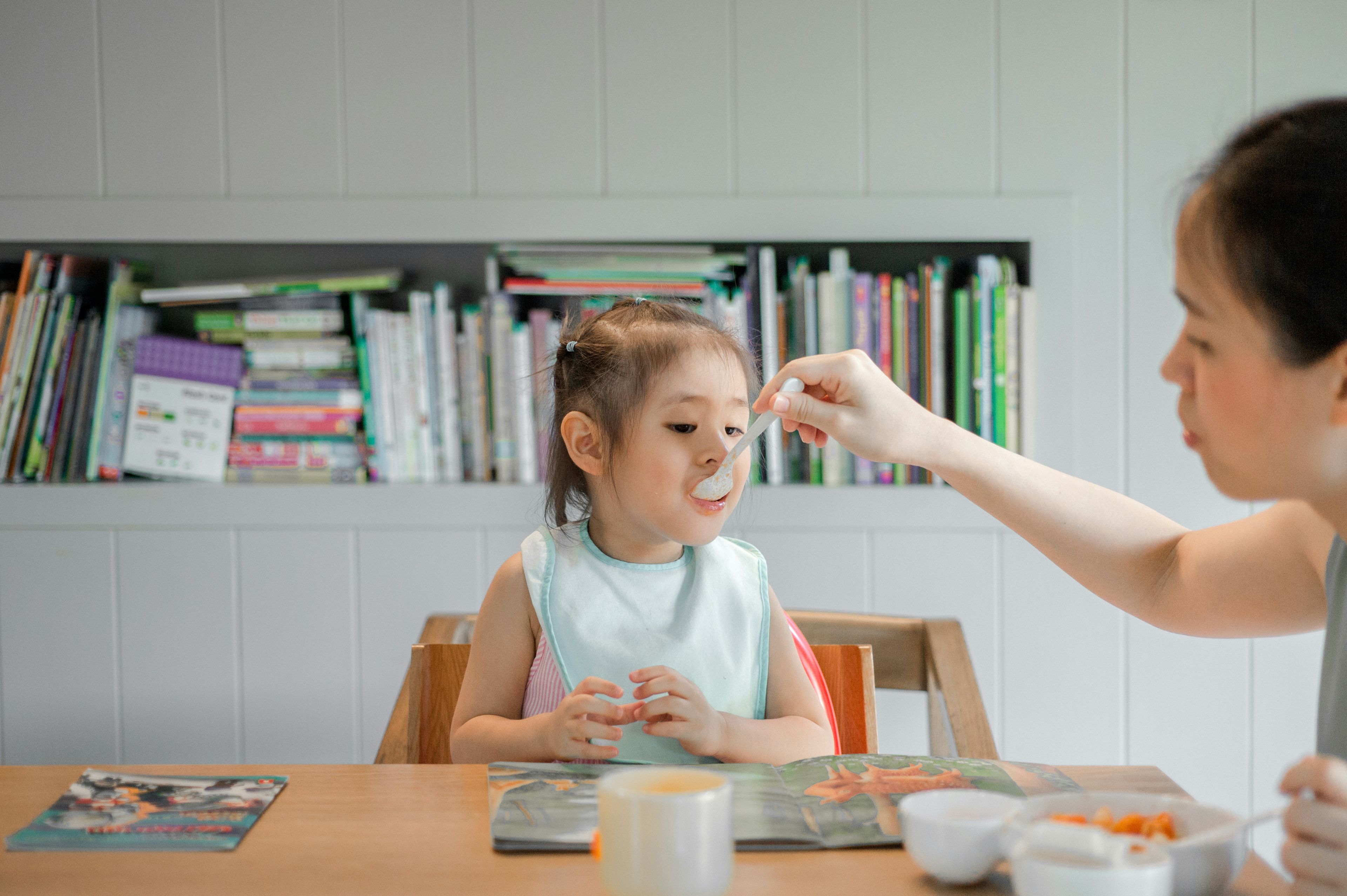
Parenting After Childhood Trauma
Feel empowered and confident in your parenting decisions. Build a healthy family environment for your children. Cope with your triggers effectively.

Feel empowered and confident in your parenting decisions. Build a healthy family environment for your children. Cope with your triggers effectively.
Parenting triggers big emotions. Without an awareness of your triggers and the skills to manage them, you'll revert to what you know.
This worksheet will help you recognize your strengths as a parent and develop concrete strategies to improve your confidence.
This video can help you reflect on the right questions if you're considering becoming a parent after experiencing childhood trauma.
This script will give you different options for self-talk and things you can say to your child when they trigger big emotions.
This worksheet is designed to help parents slow down and practice kinder self-talk while creating a deeper understanding of their own needs and emotions.
Follow these tips if you're parenting without a parental role model.
Use this resource when the fear of estrangement from your own children comes up.
When an adult who experienced trauma at the hands of their parents becomes a parent themselves, they often have one goal: not to become their parent.
The right therapist can help you process the past, navigate the present, and shape a healthier future for you and your child.
One of our favorite books about parenting after childhood trauma.
Use this worksheet to reflect on how your childhood experiences influence your fears and desires in a partner.
You don’t need to be fully healed to be a good parent. You just need to be willing to grow while you’re in it.
Having children is not a requirement to being a generational cyclebreaker.
If you are pregnant or becoming a parent, you may be wondering if you should share this news with your estranged family member.